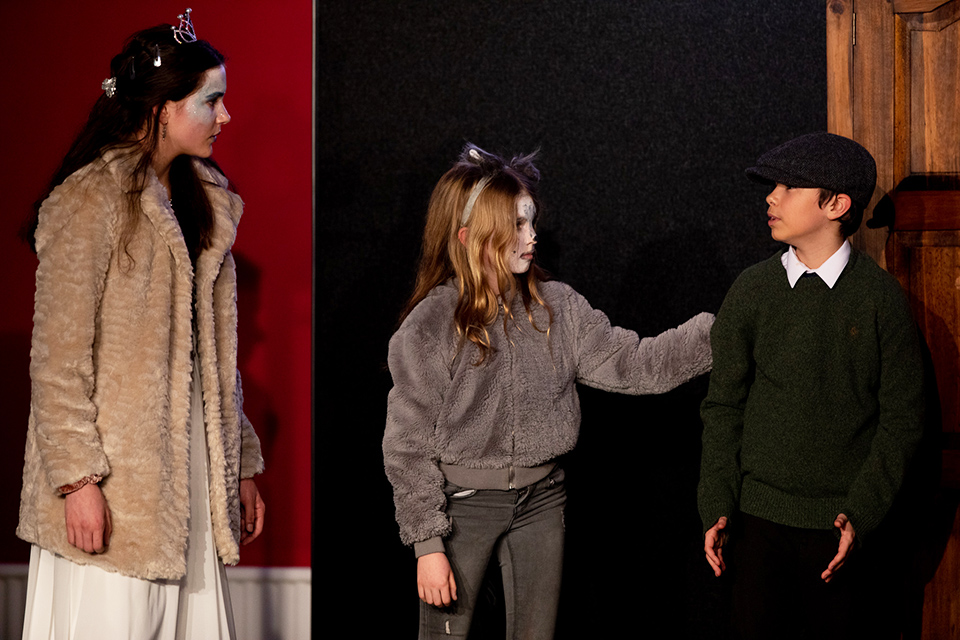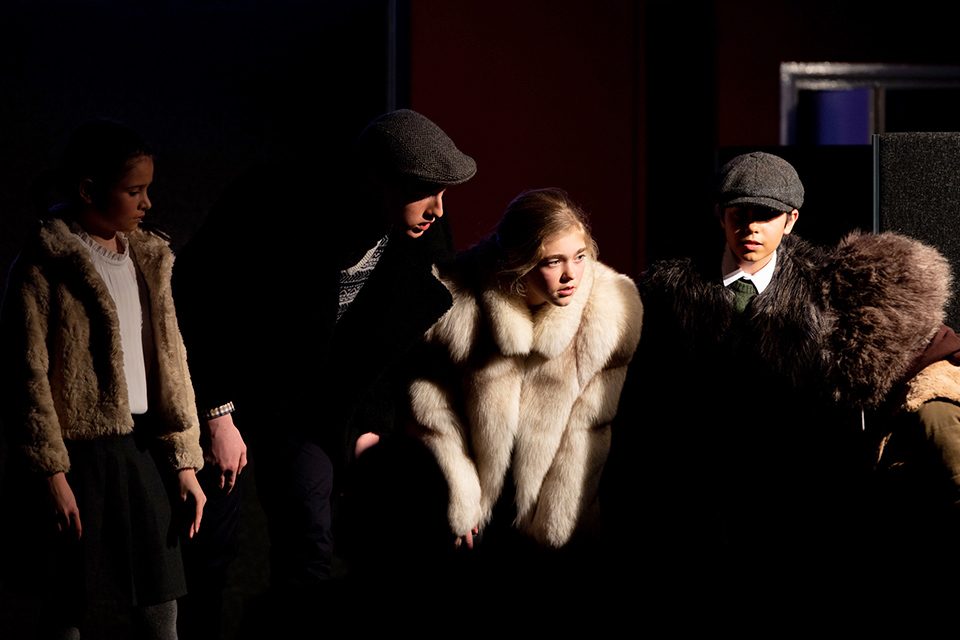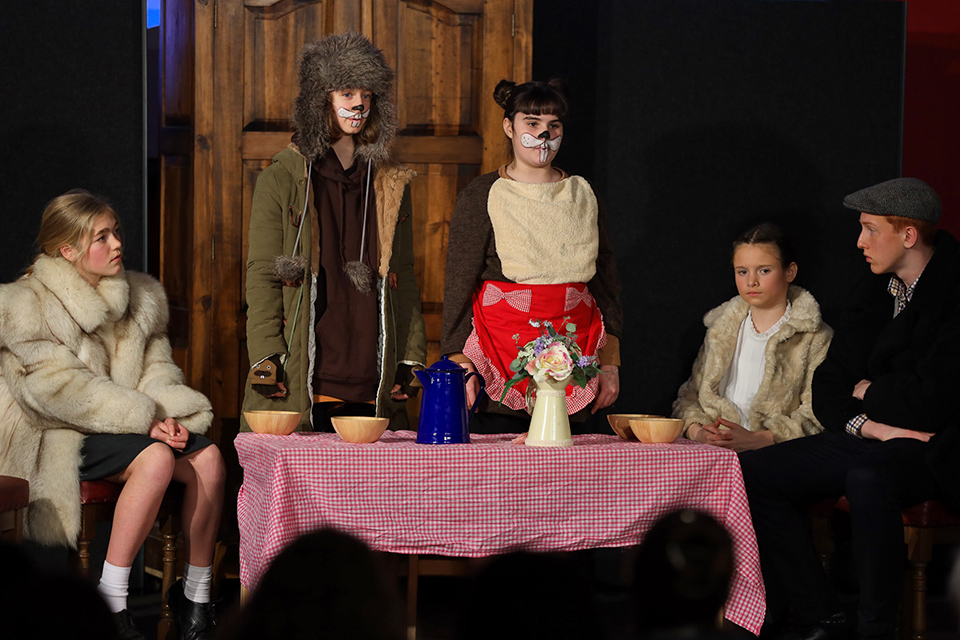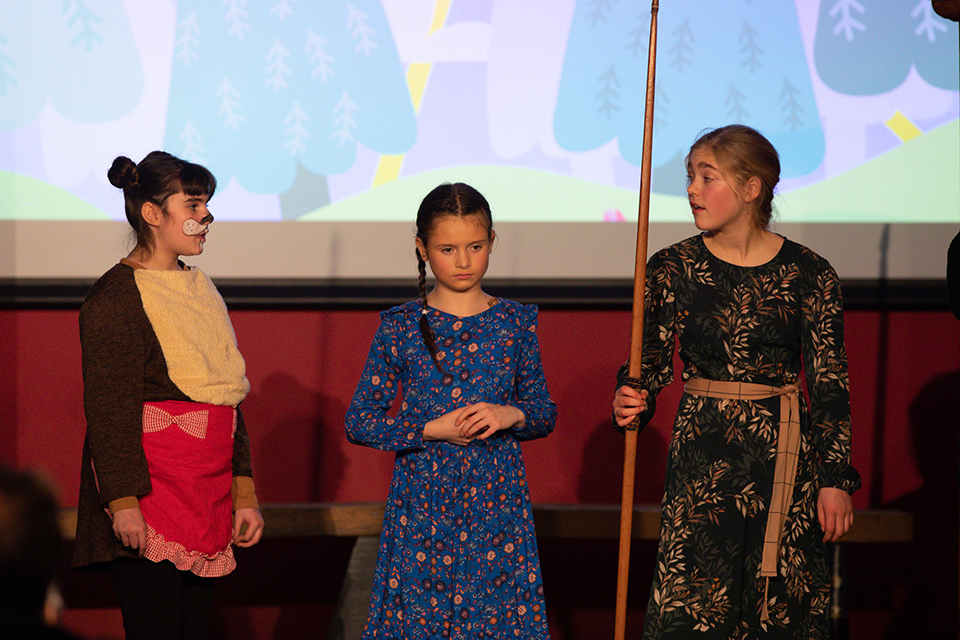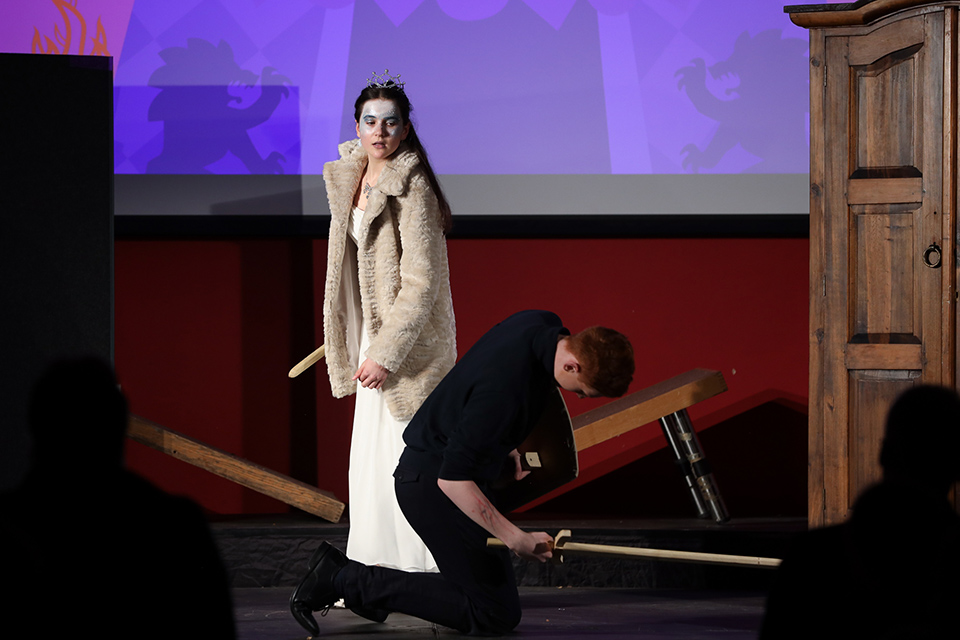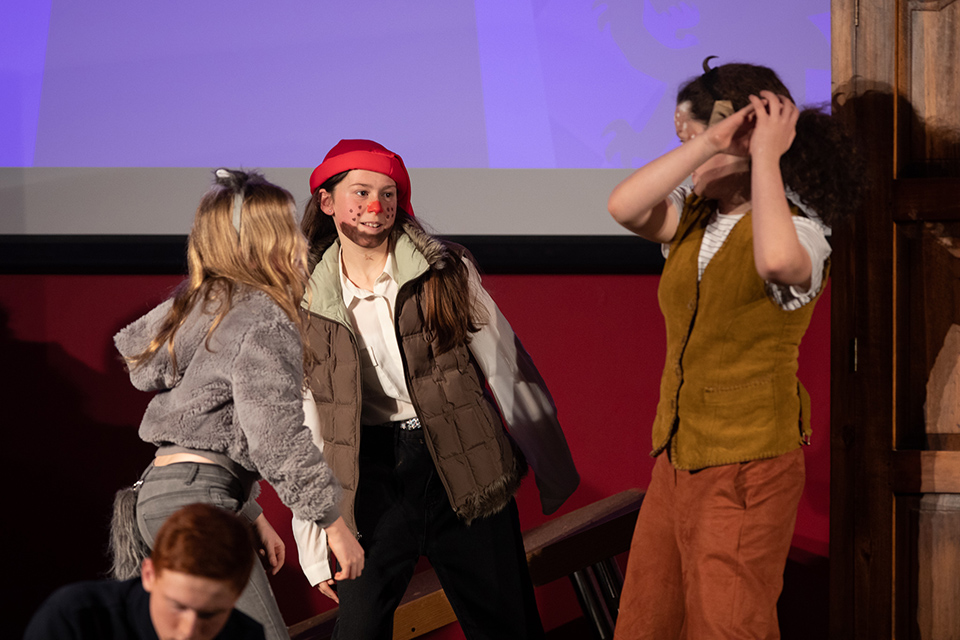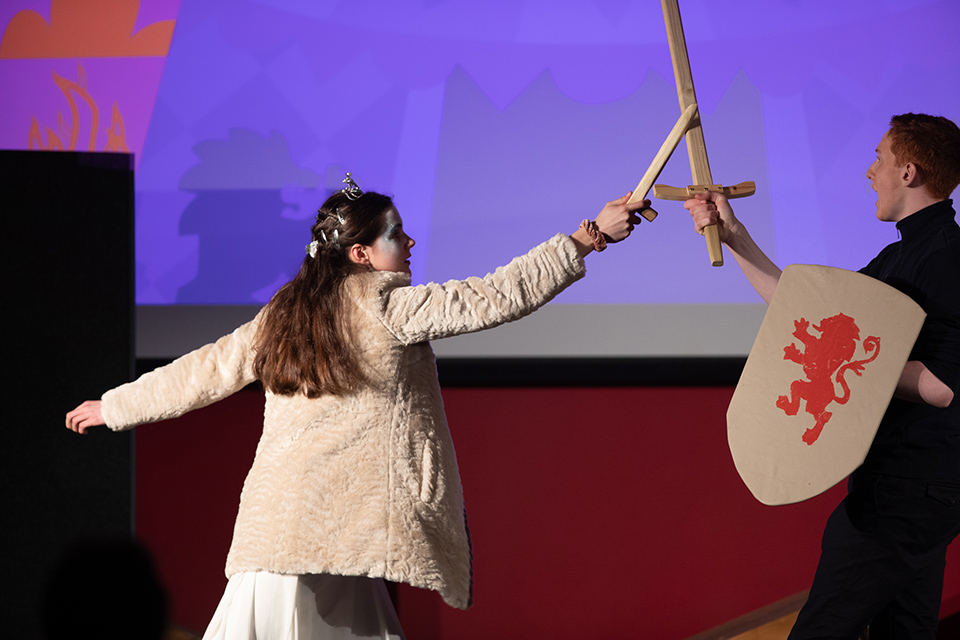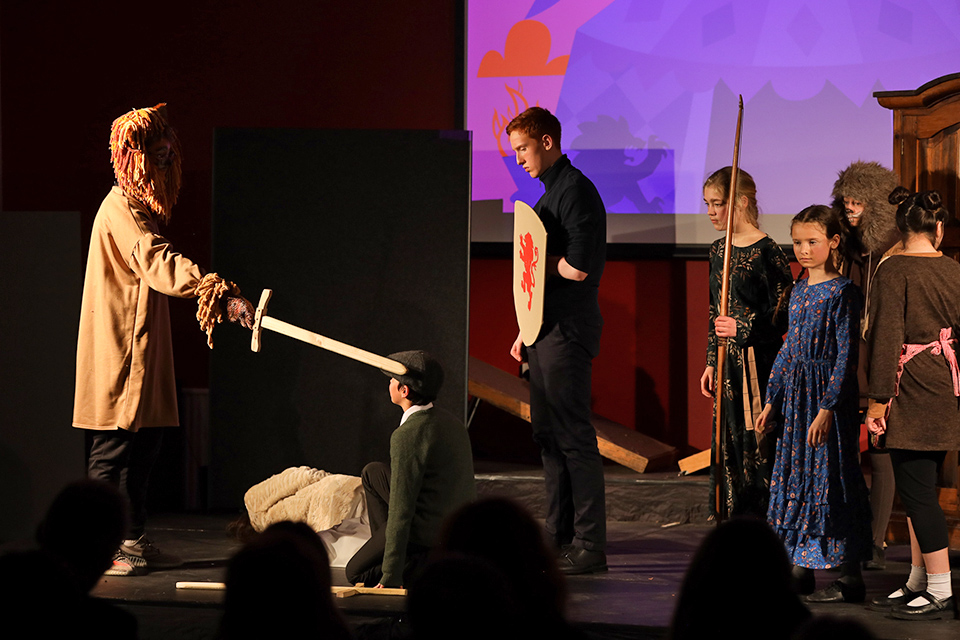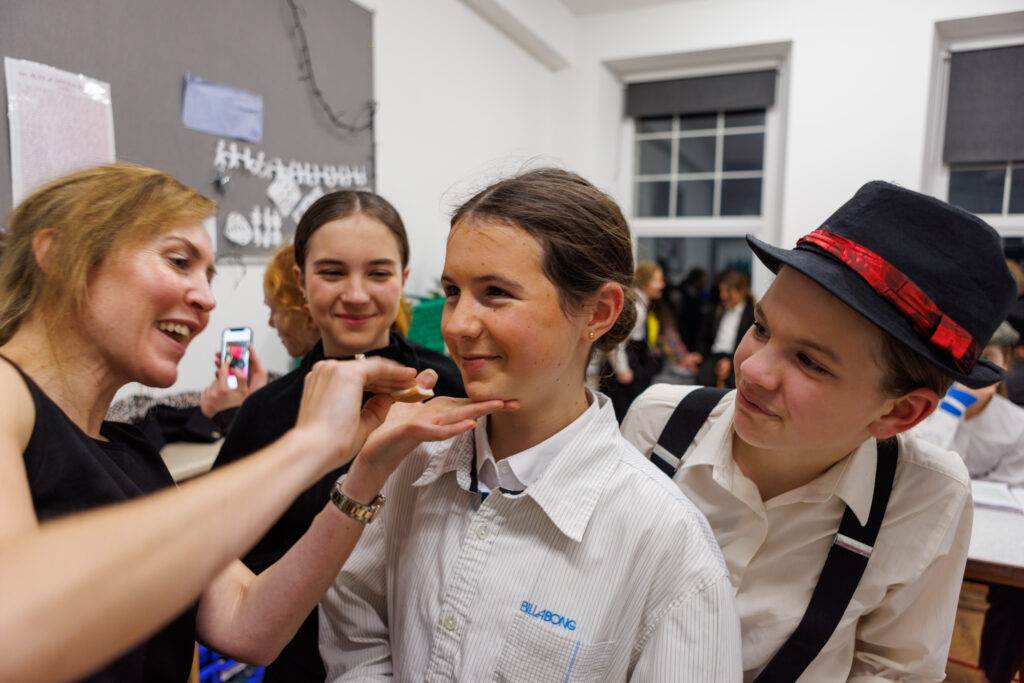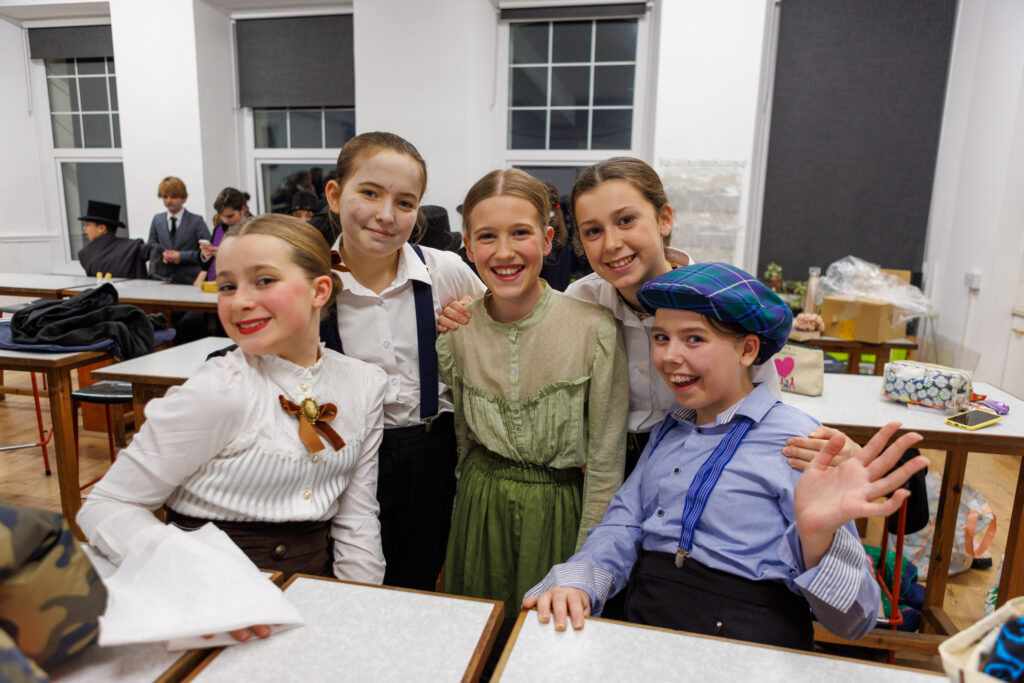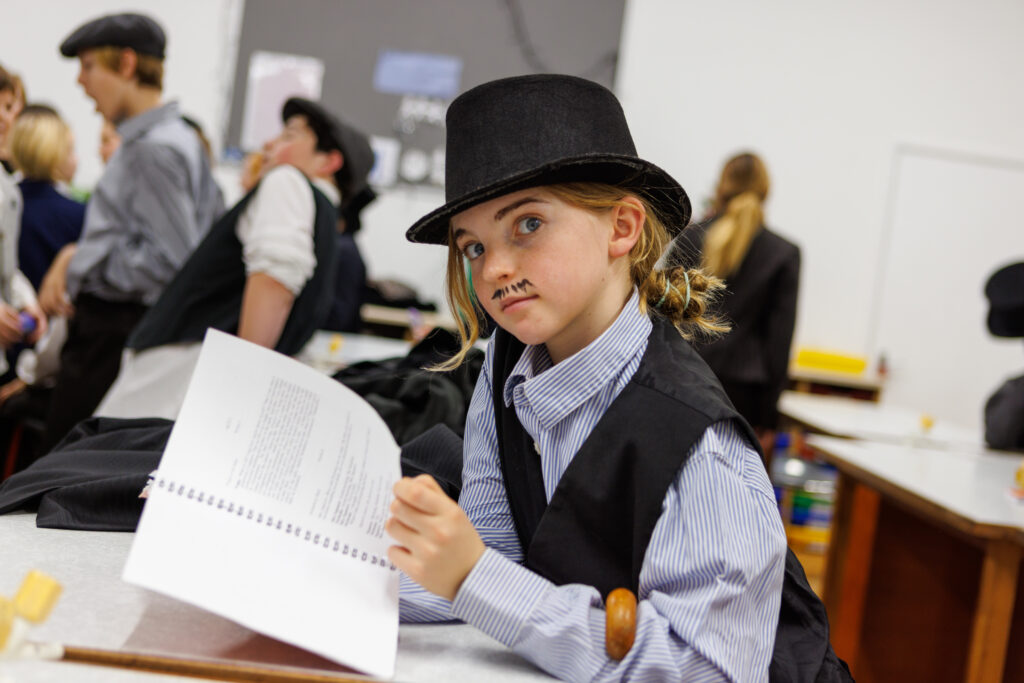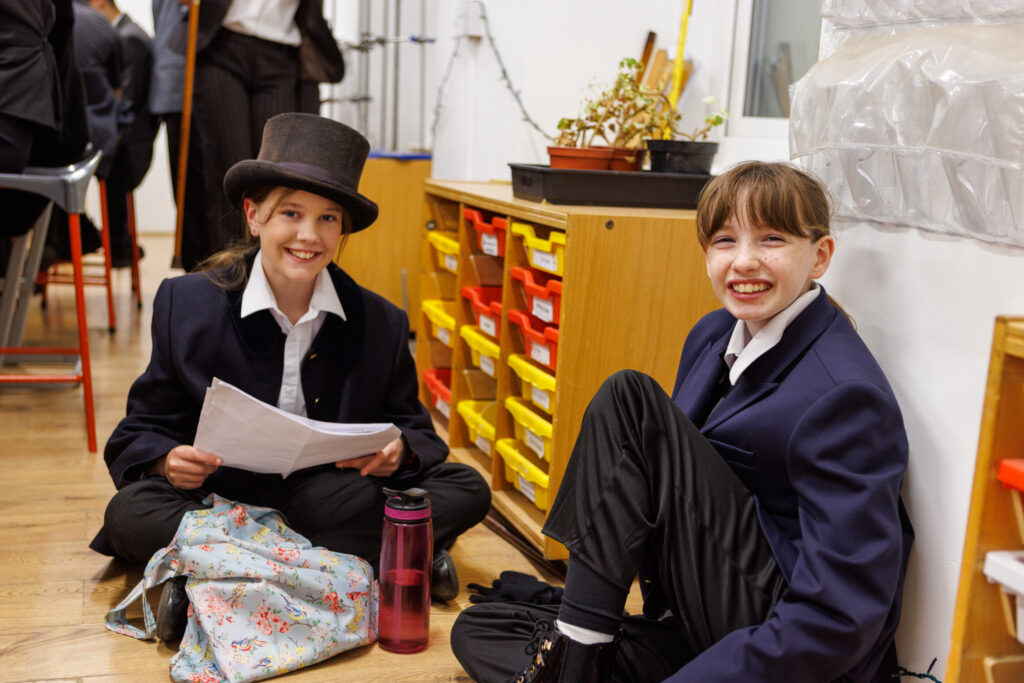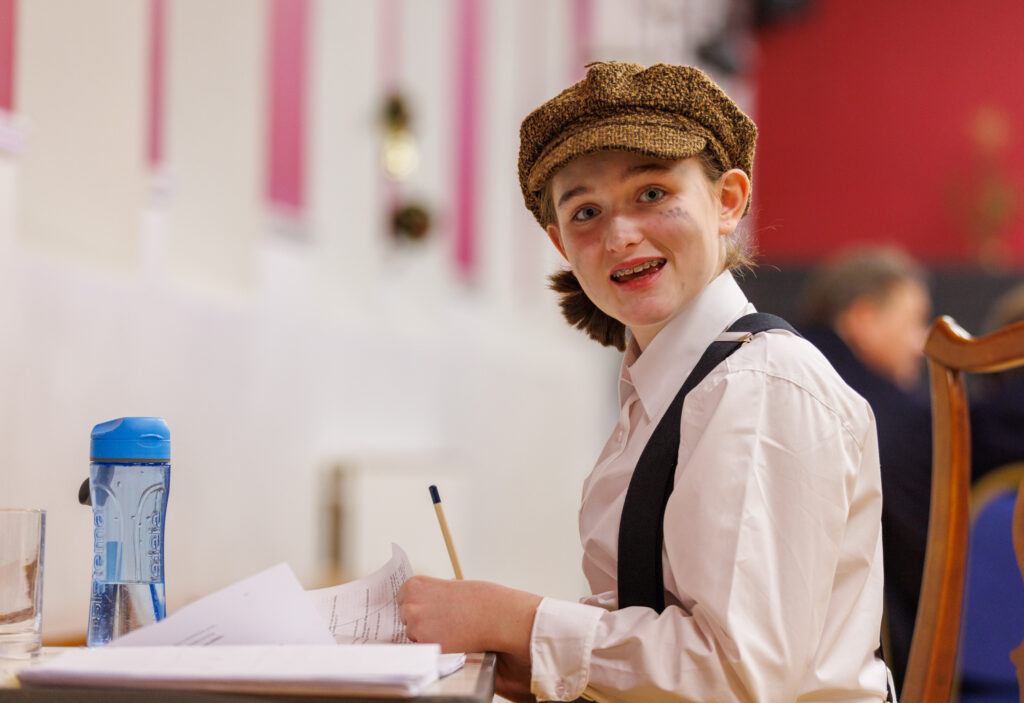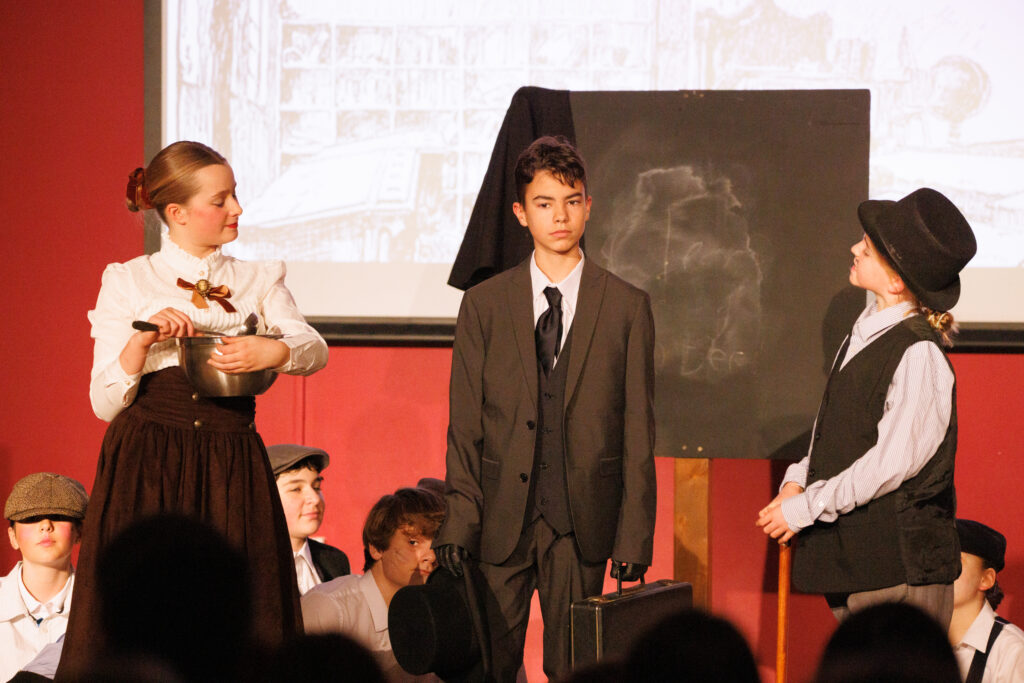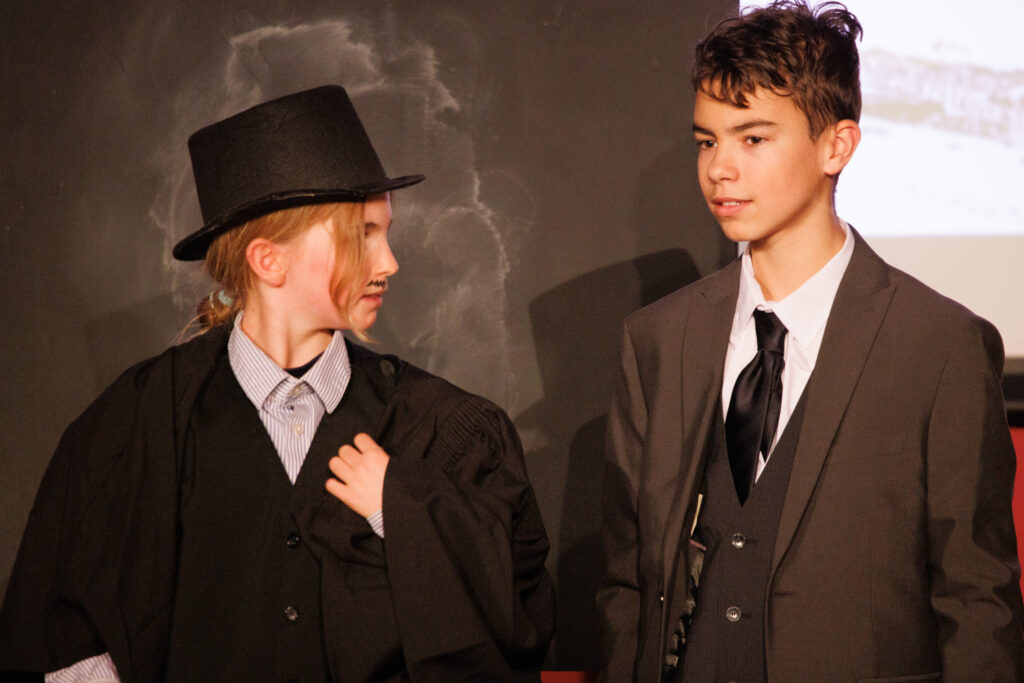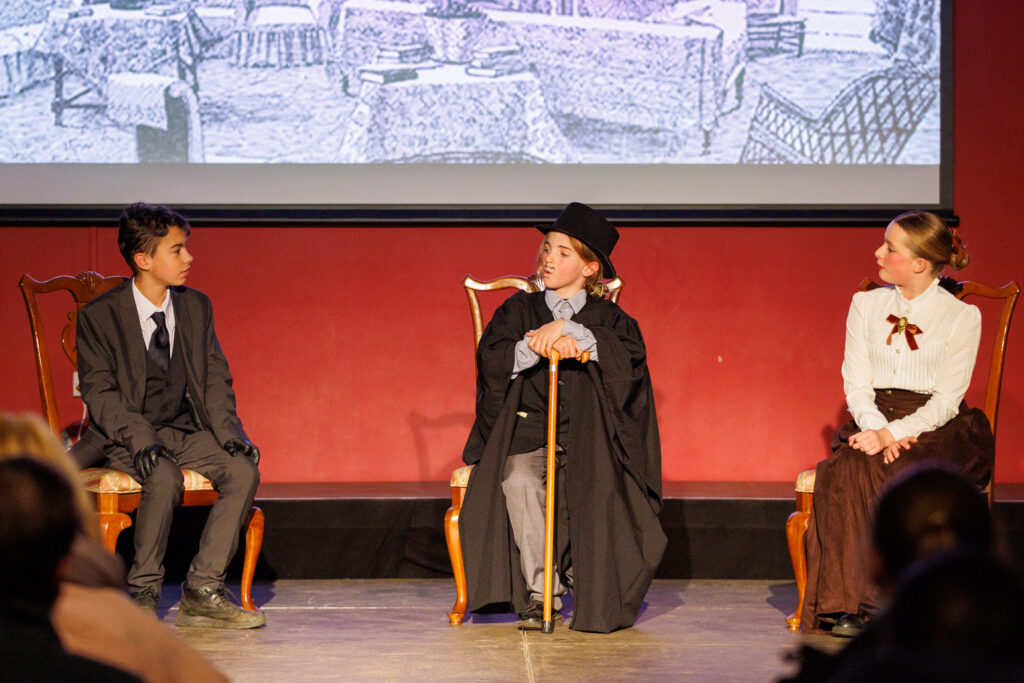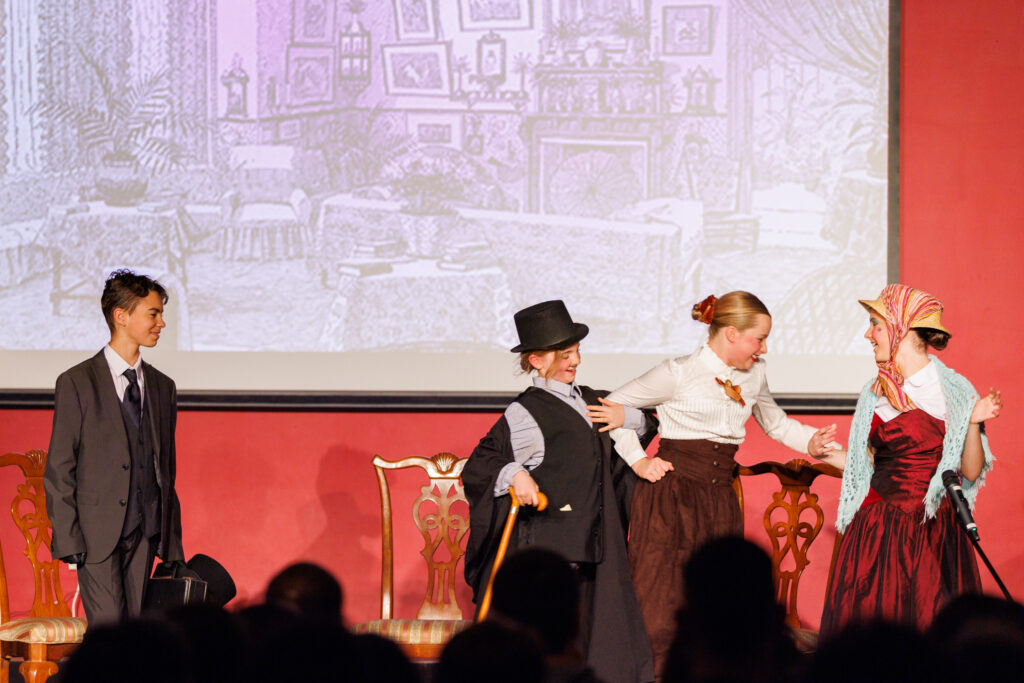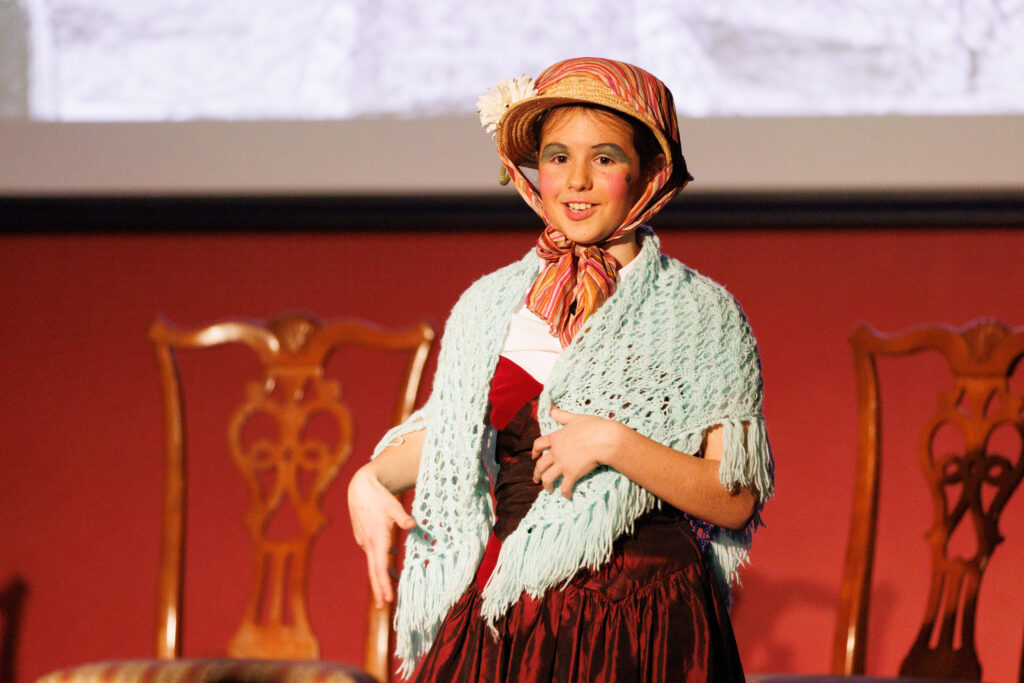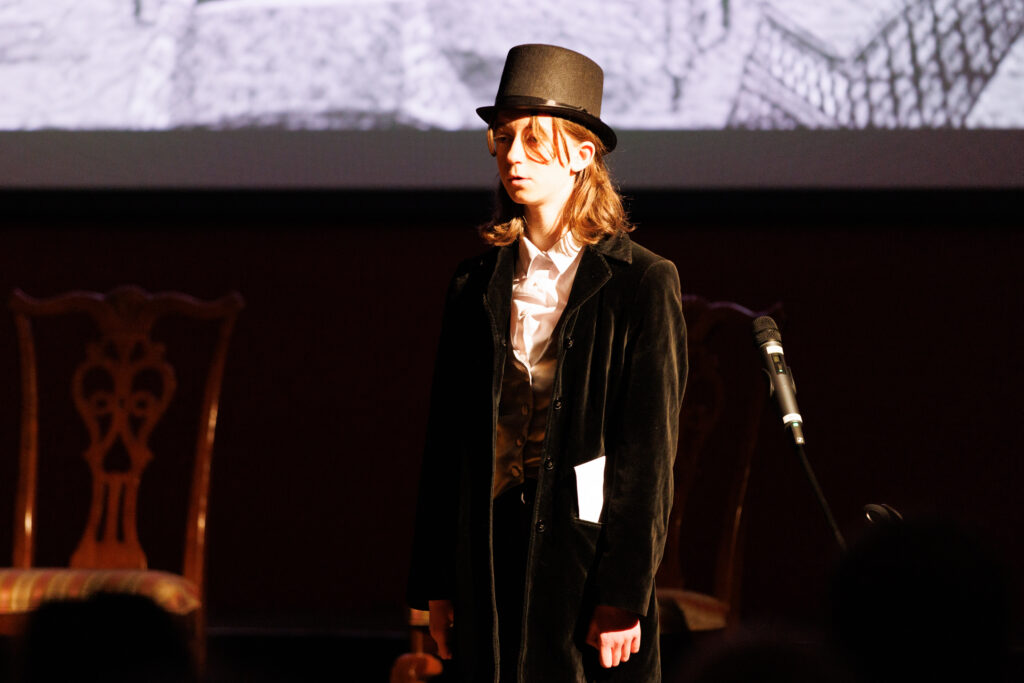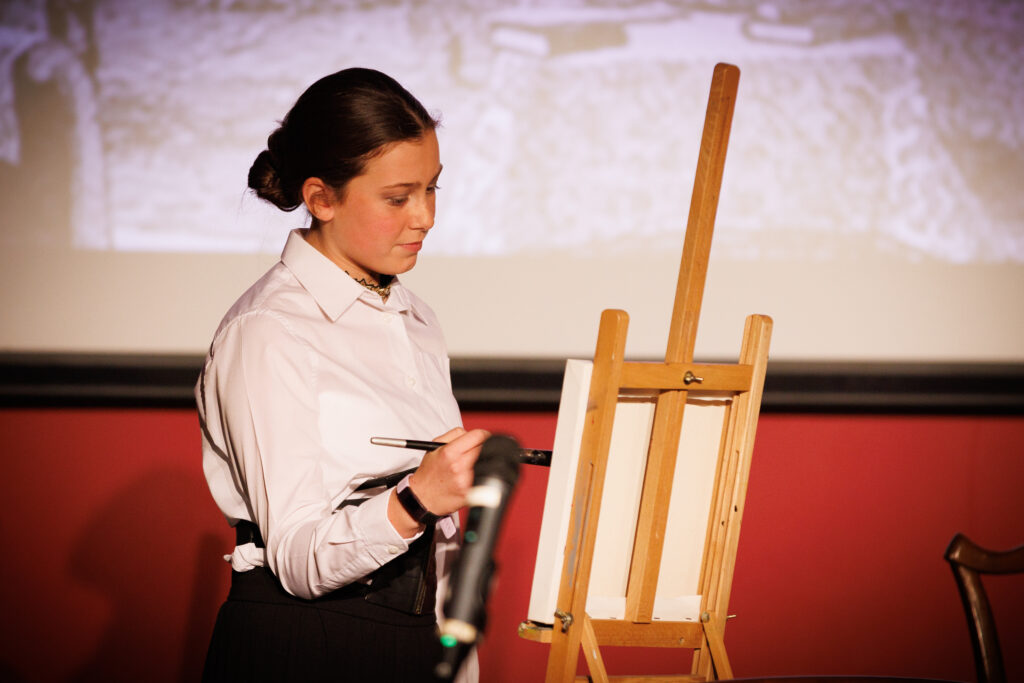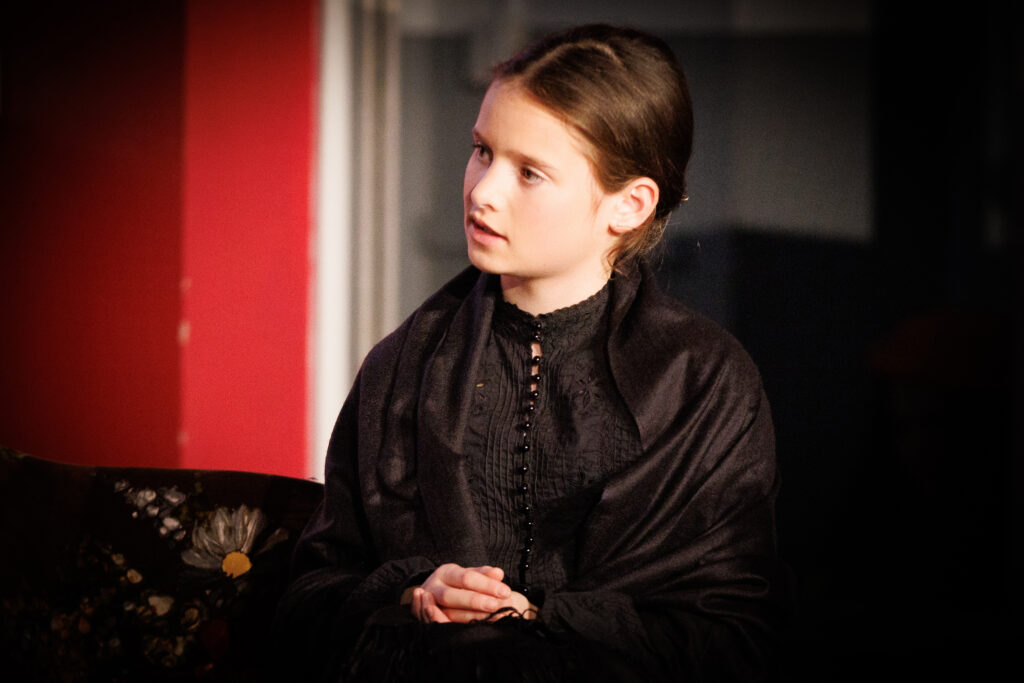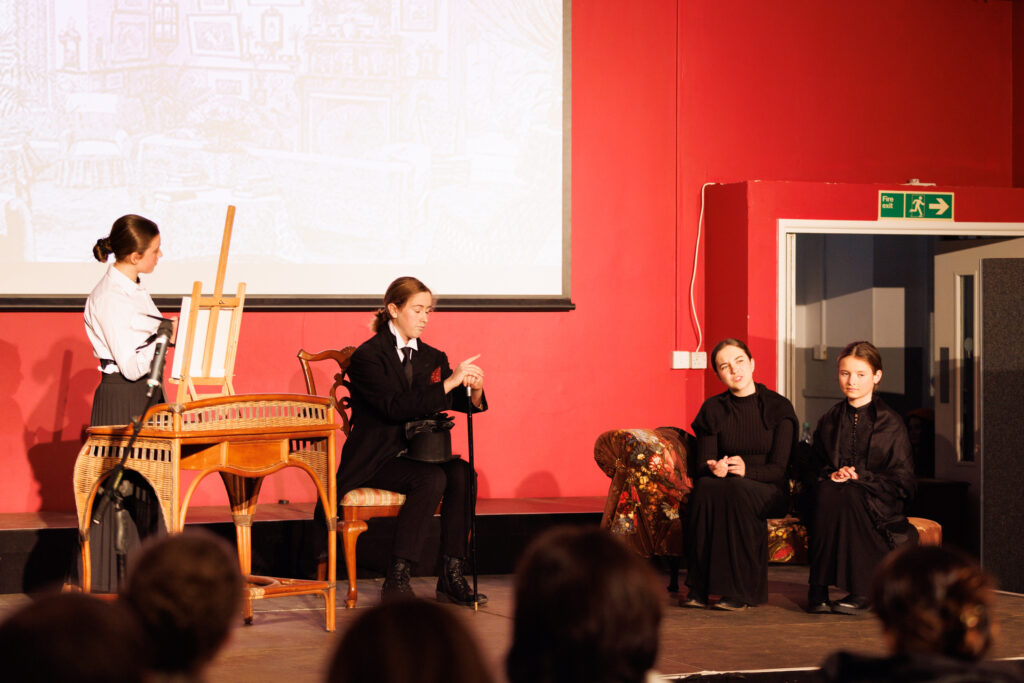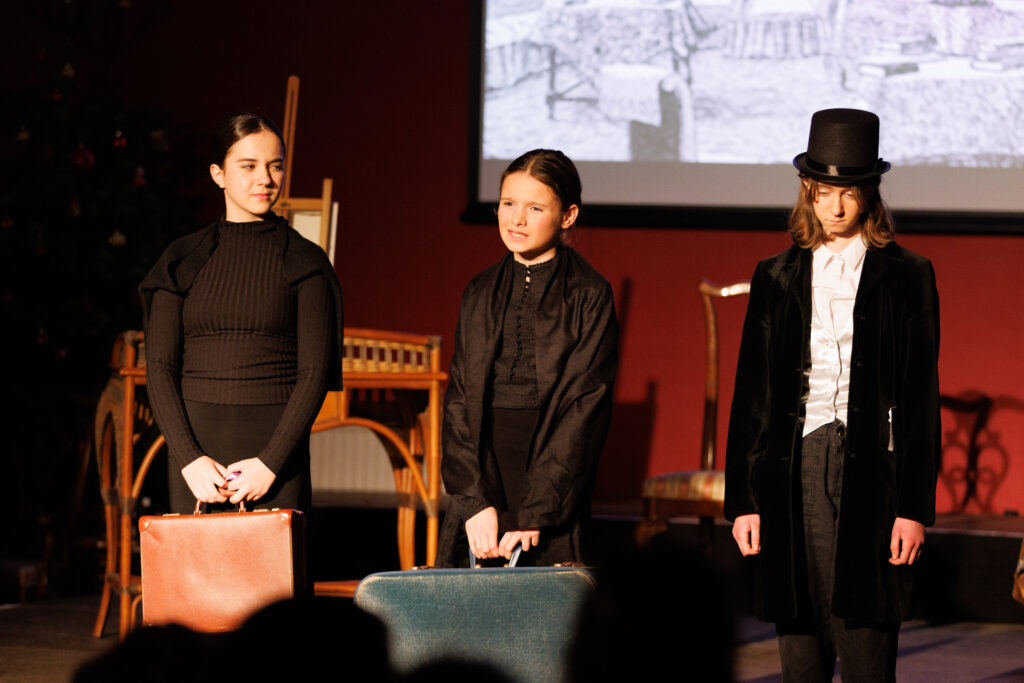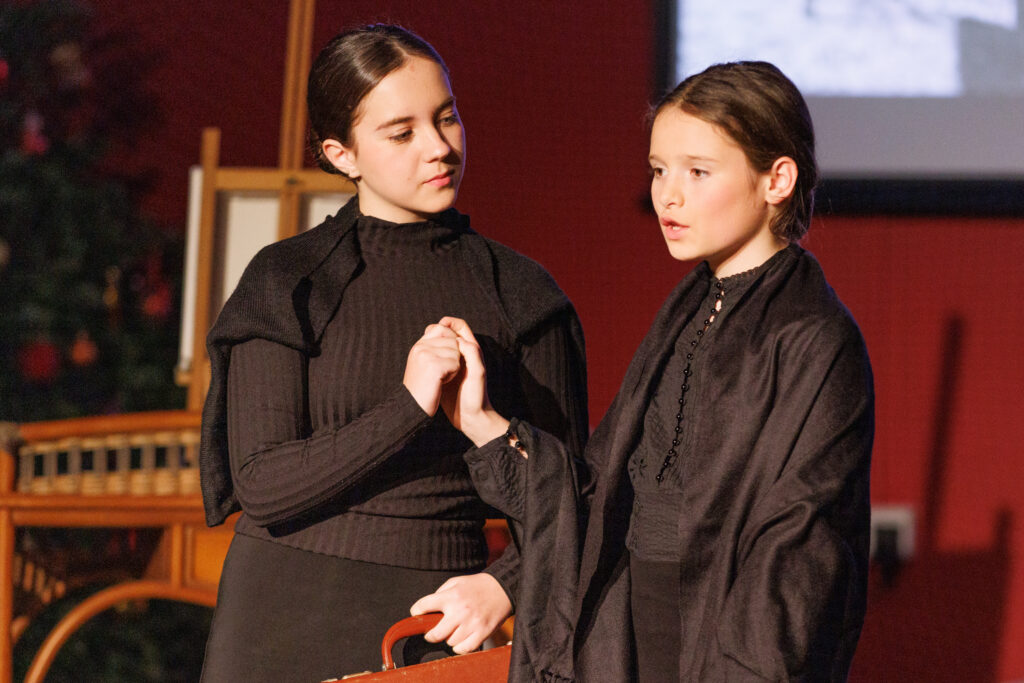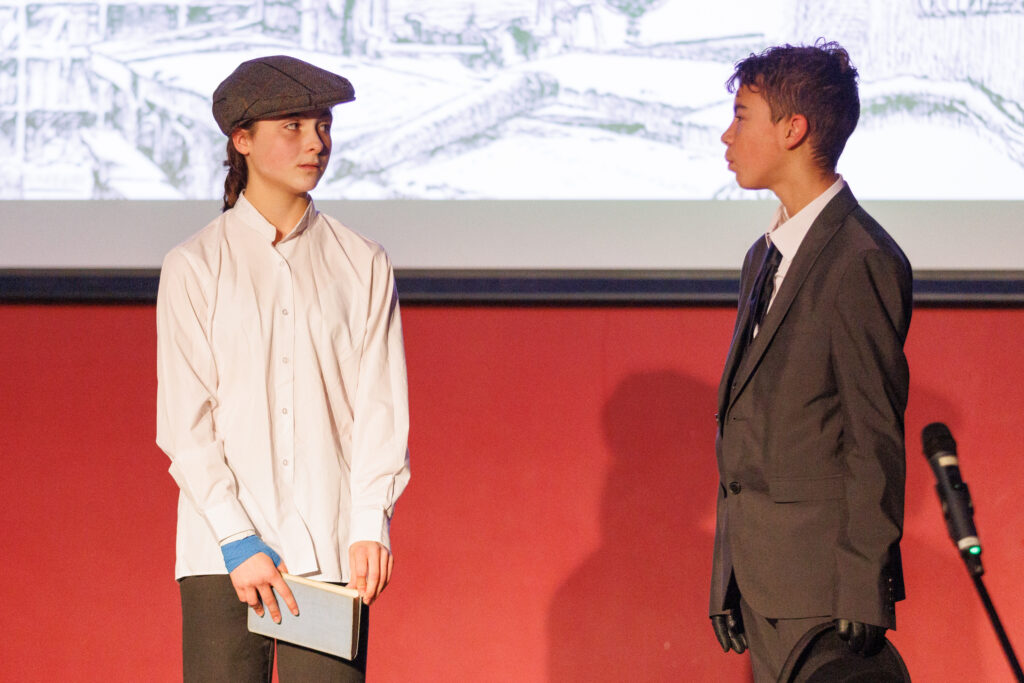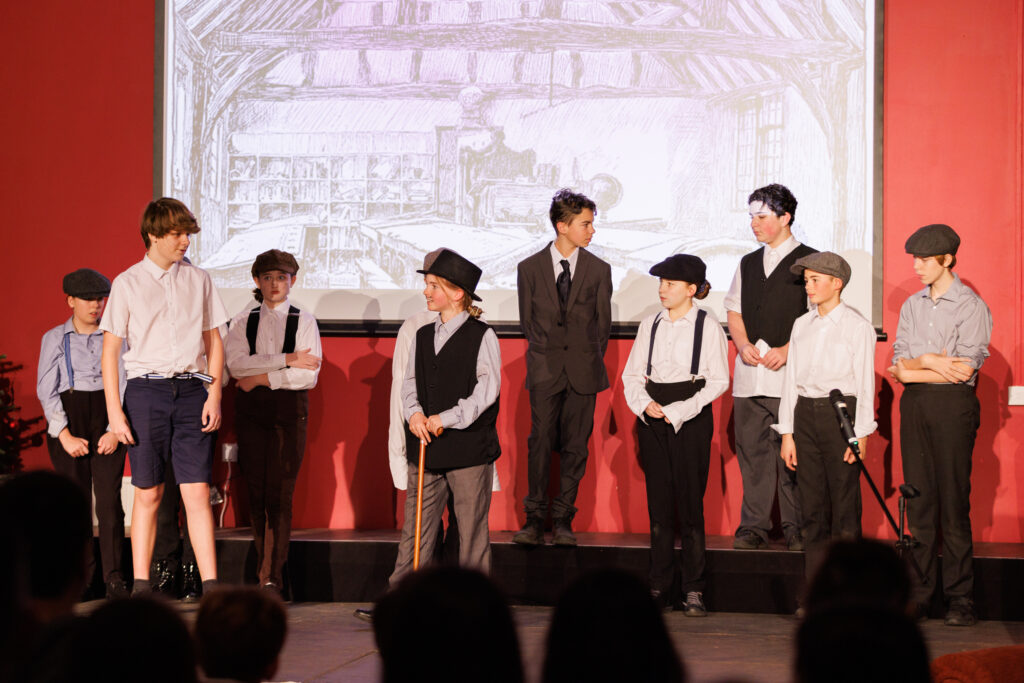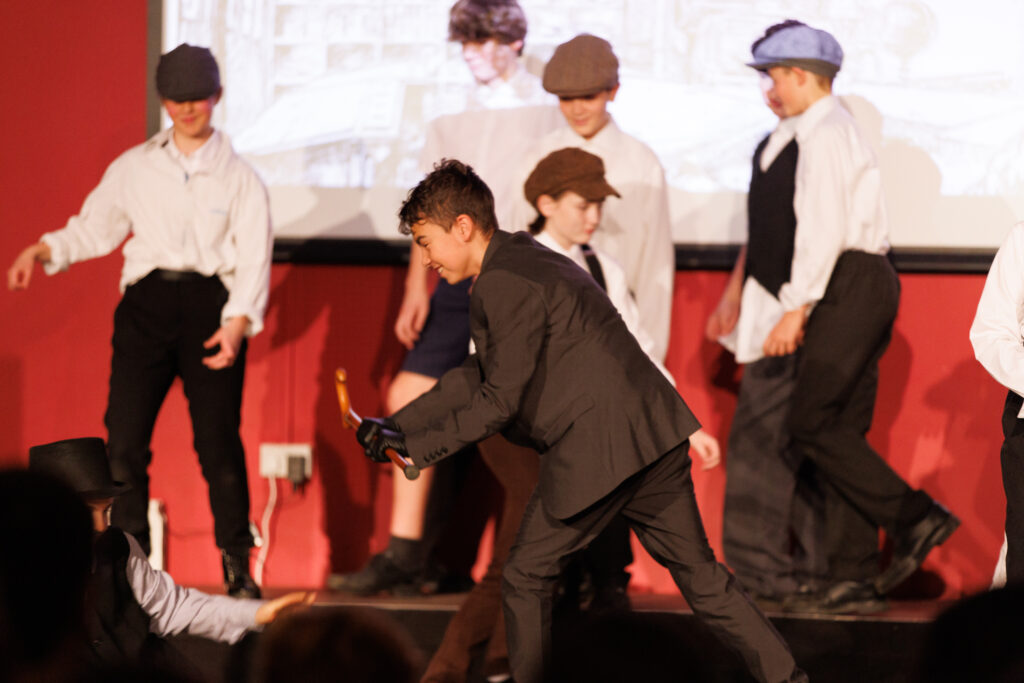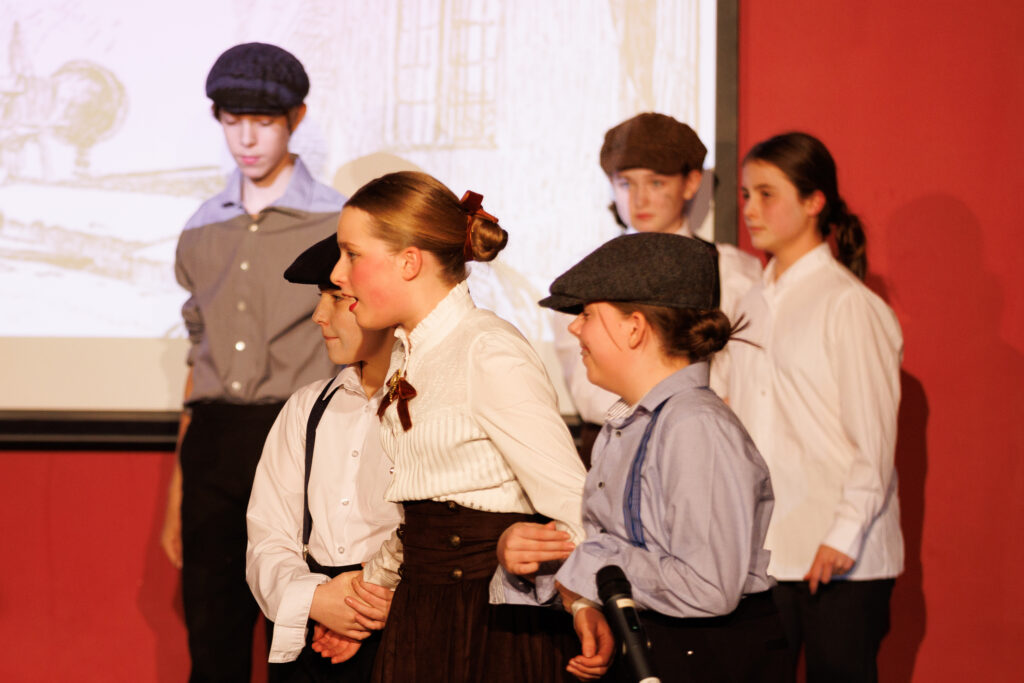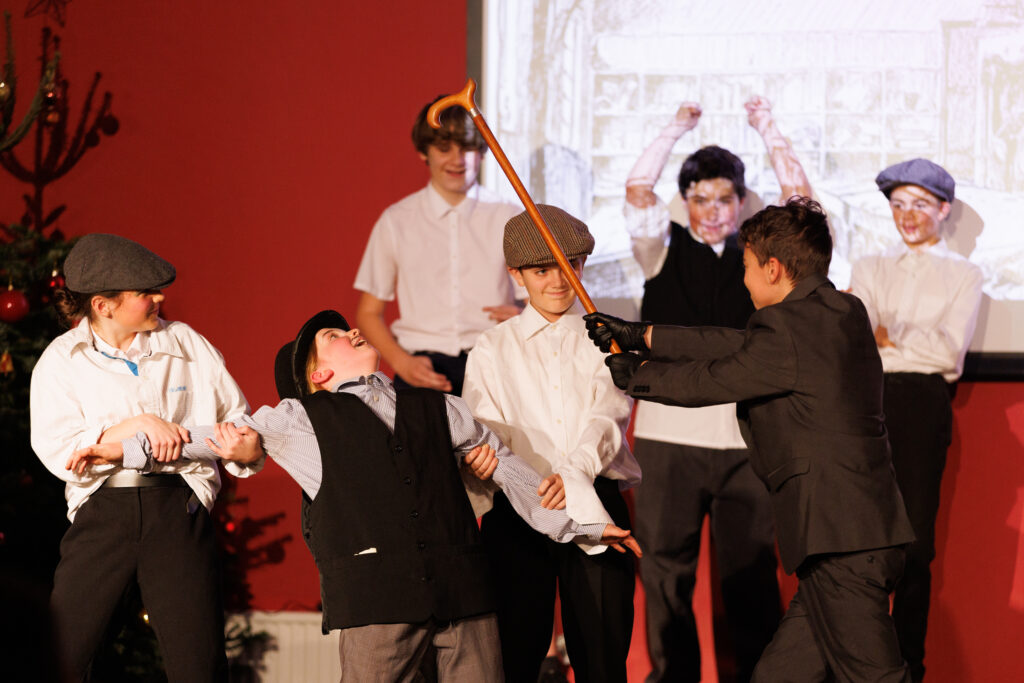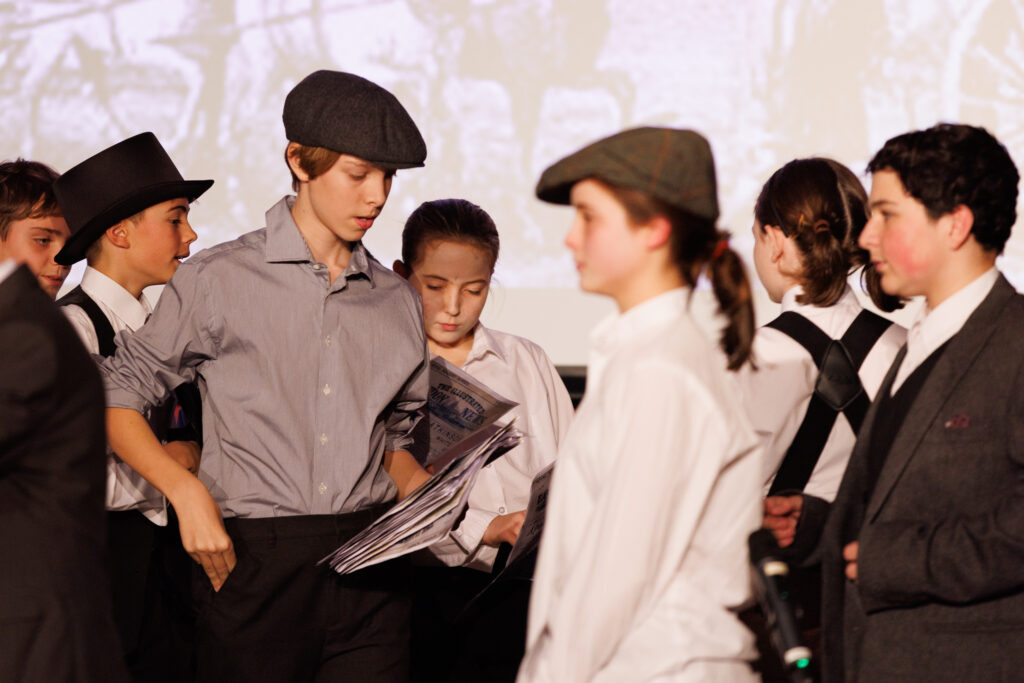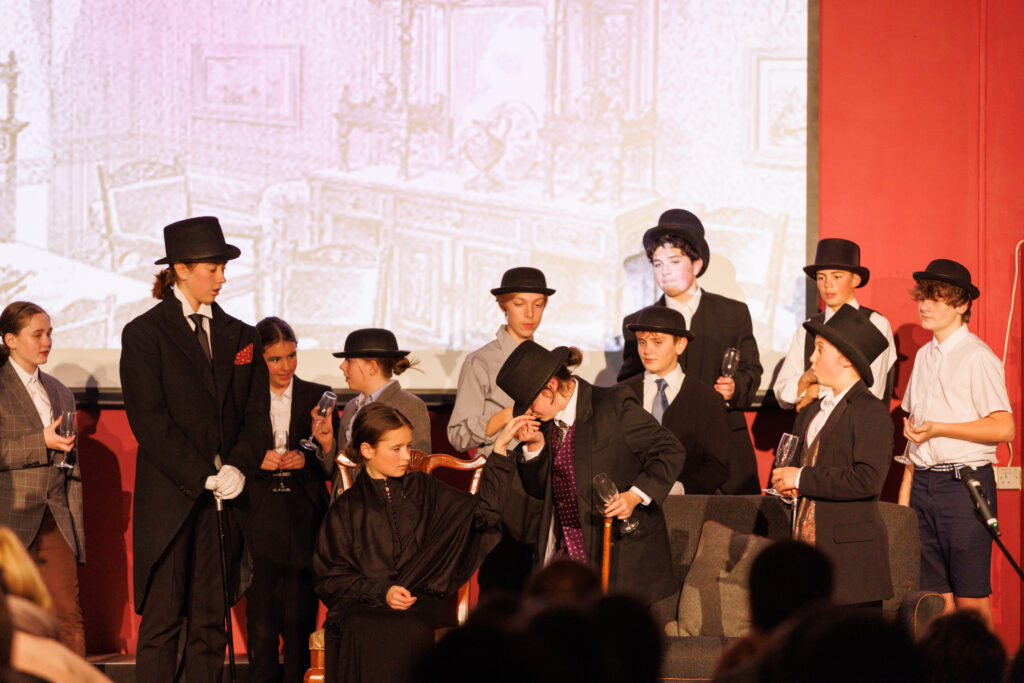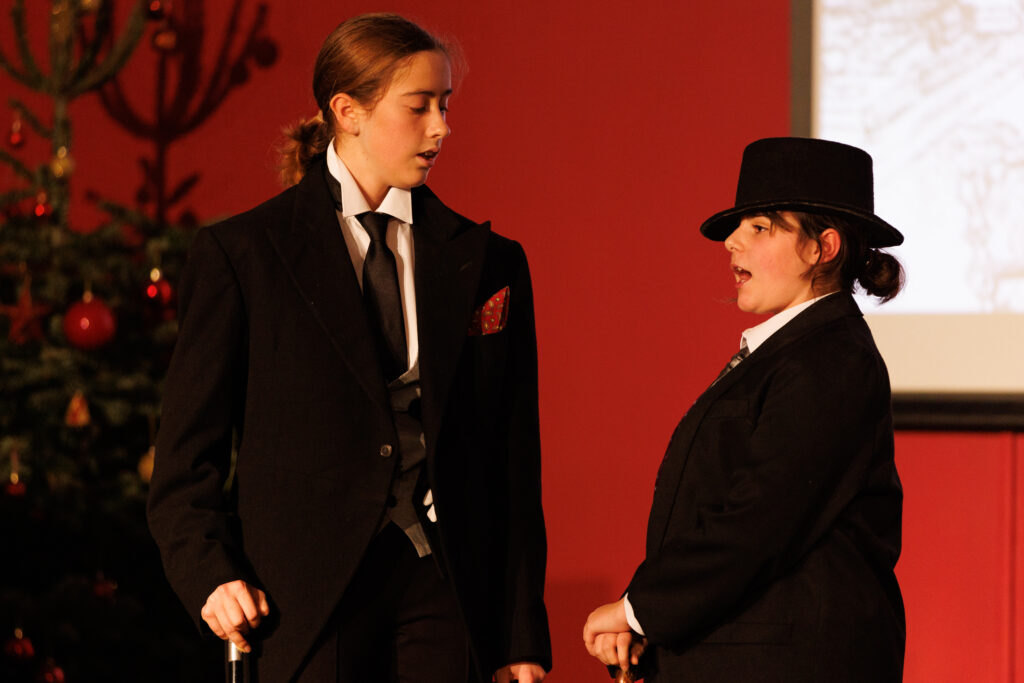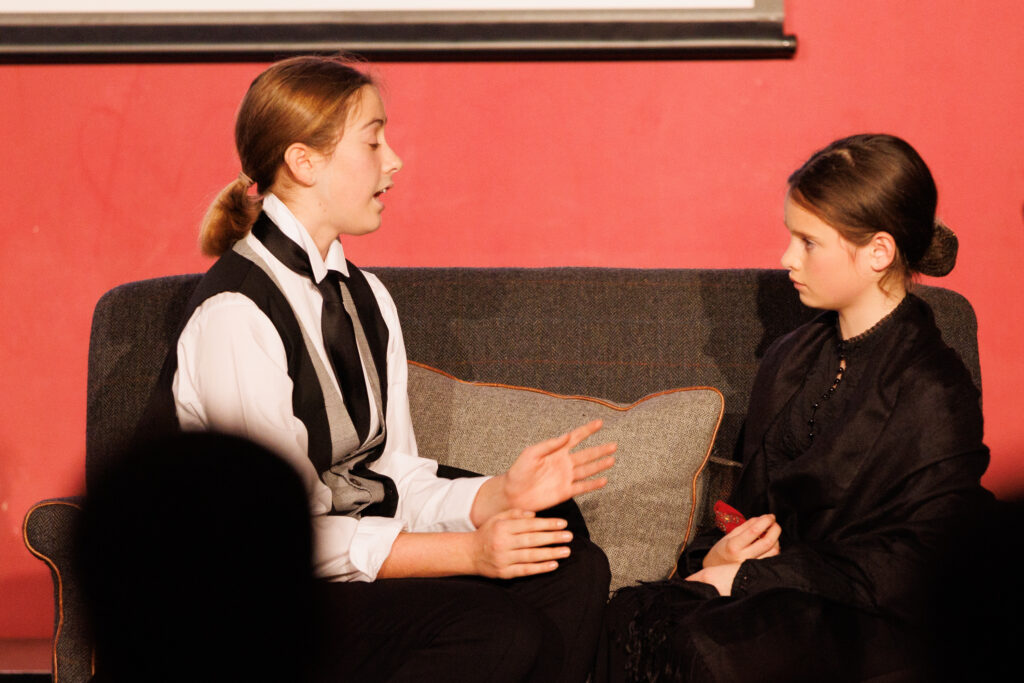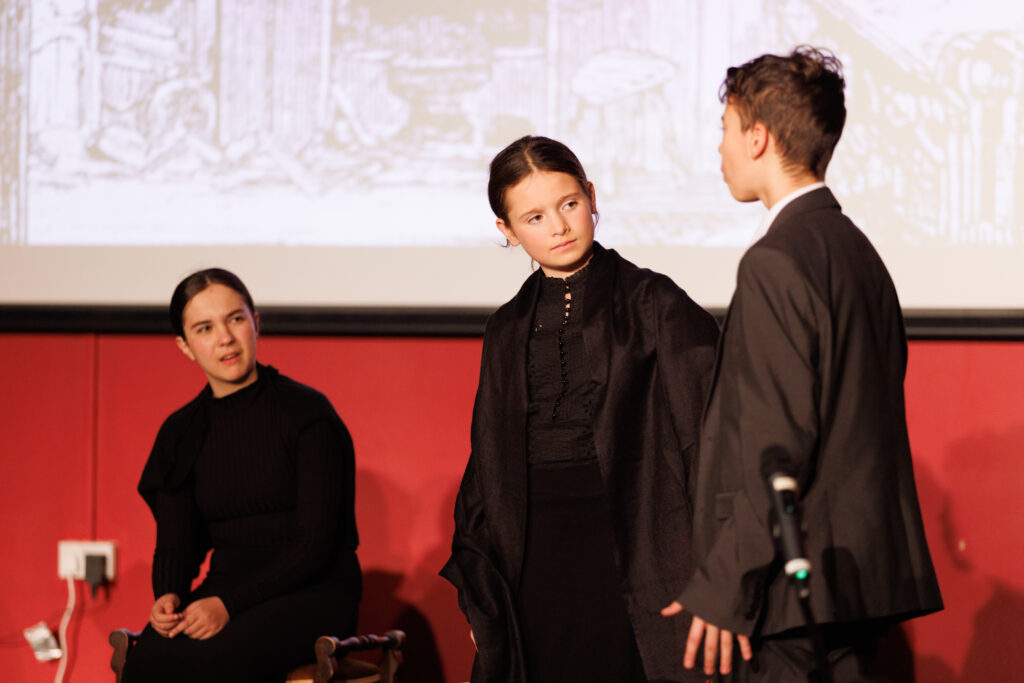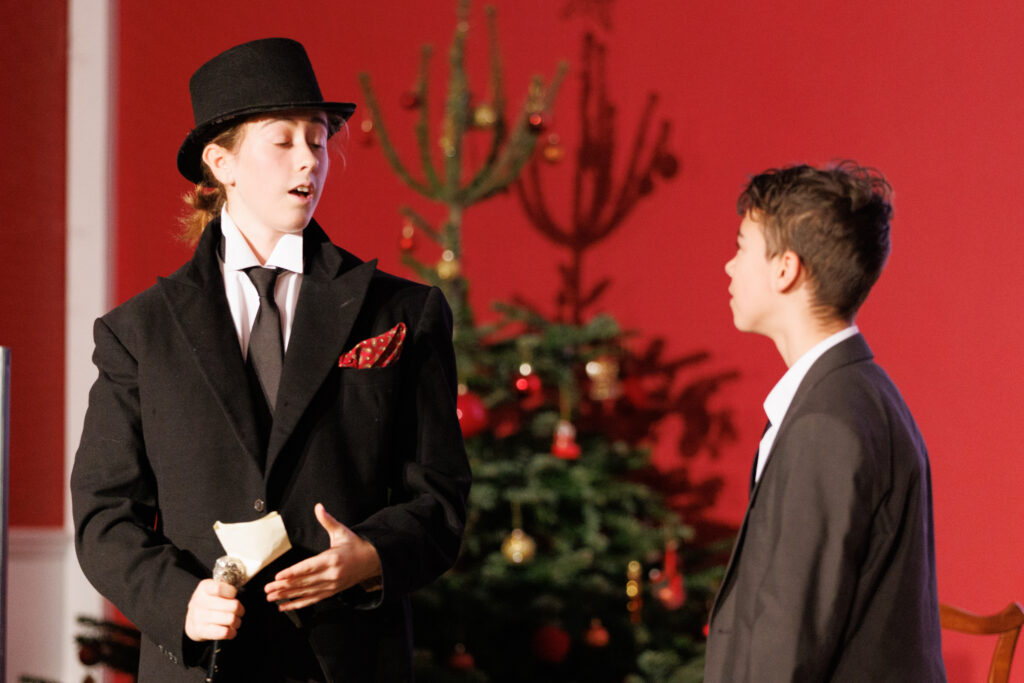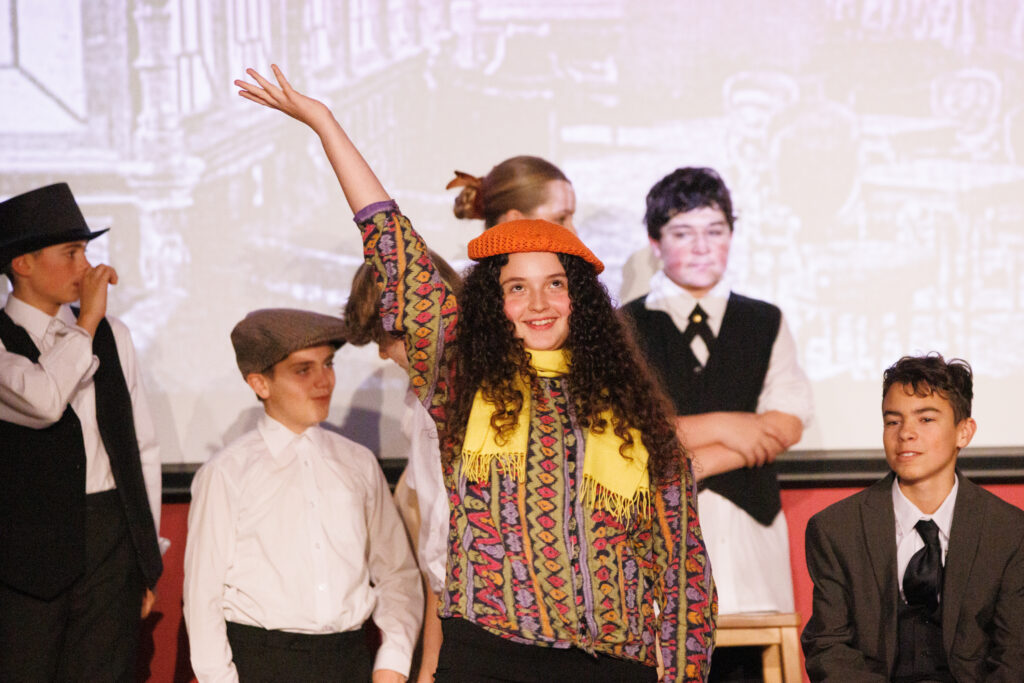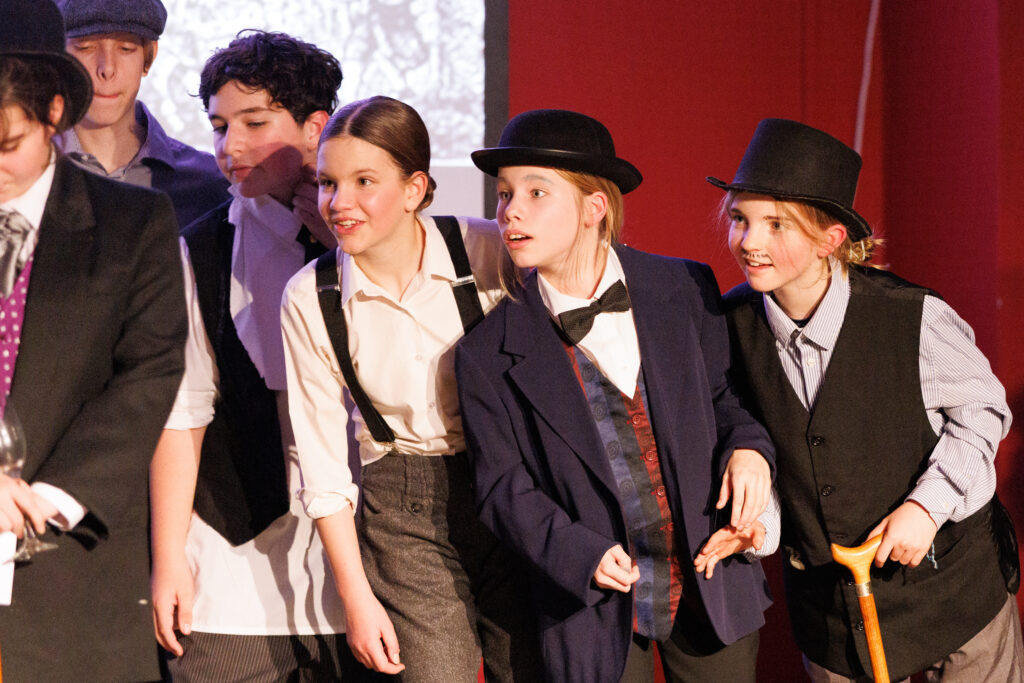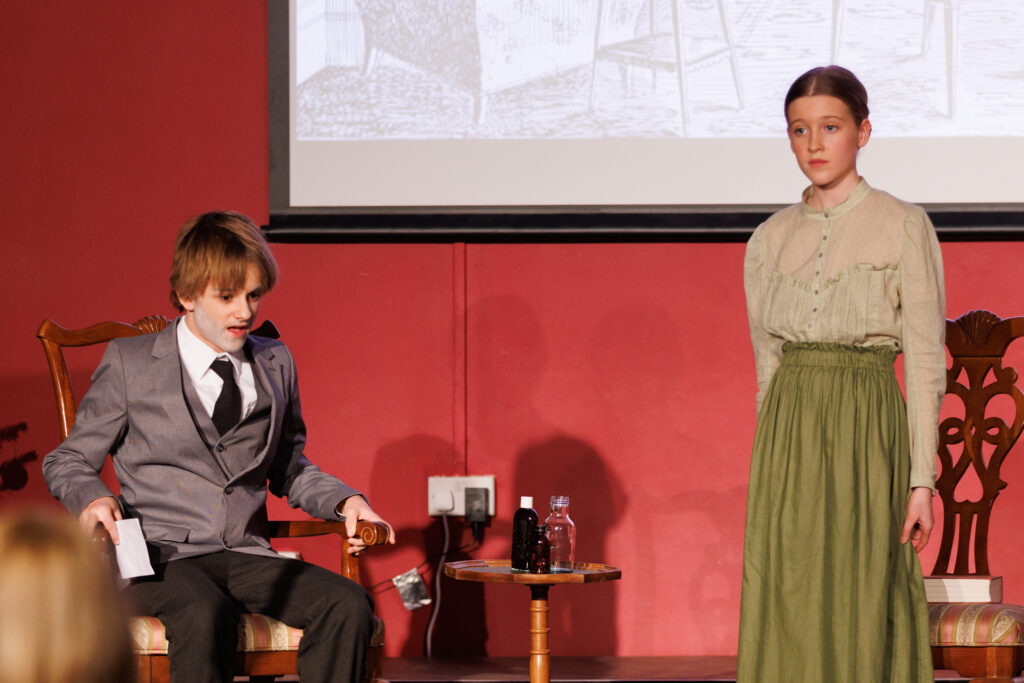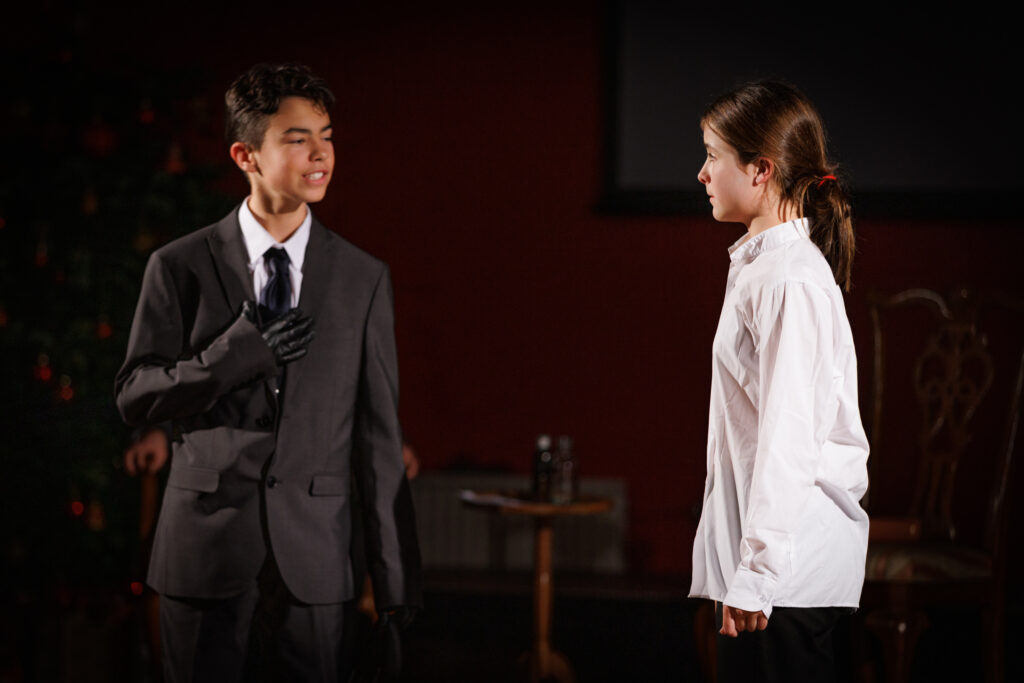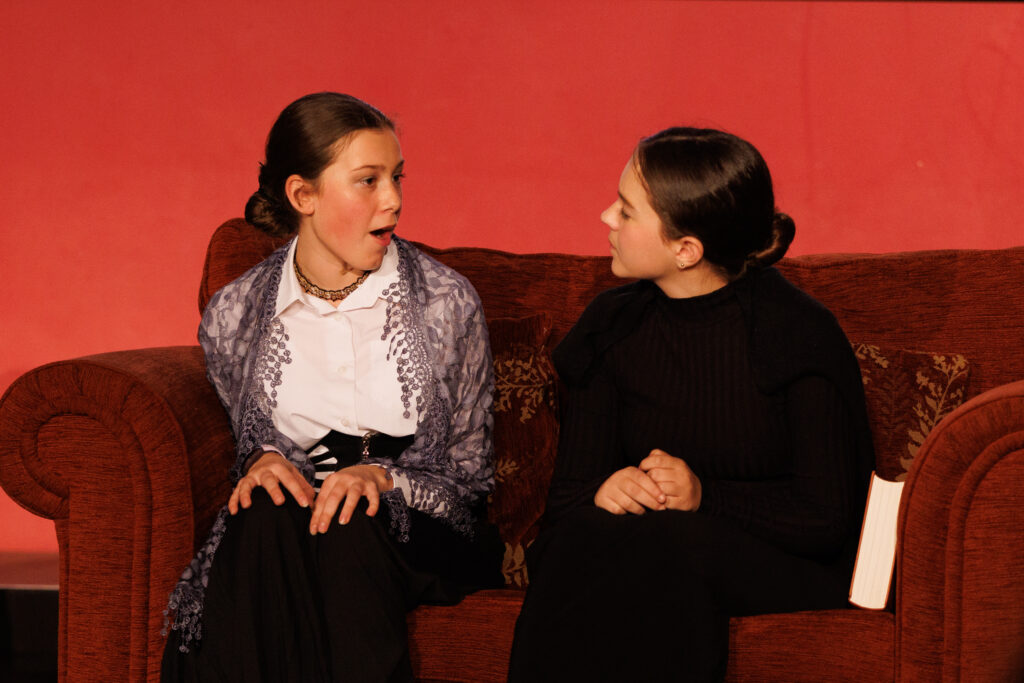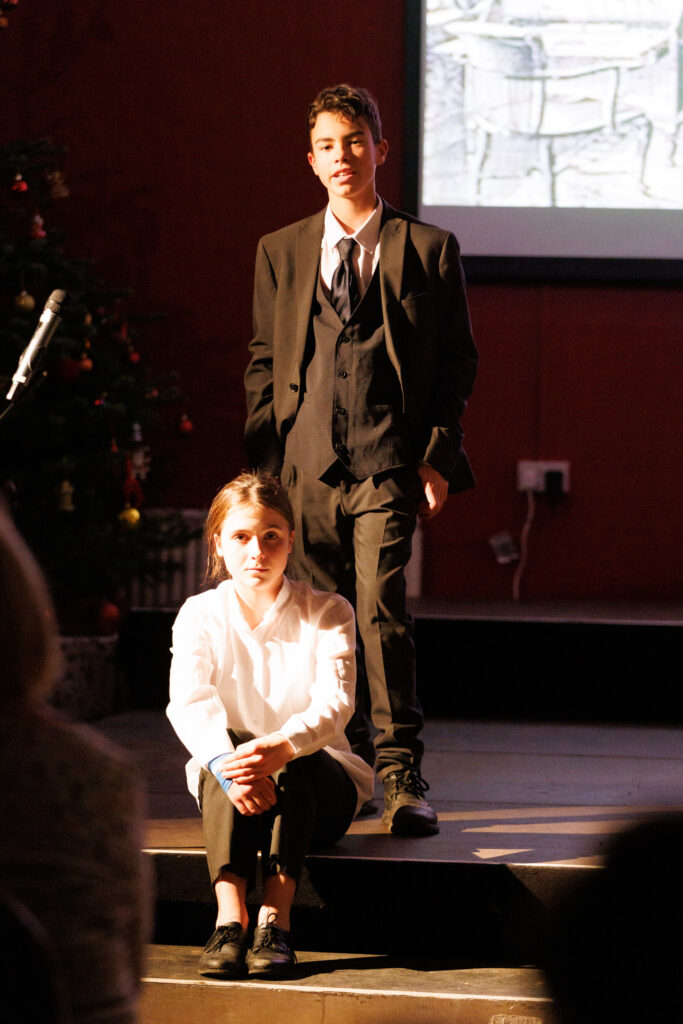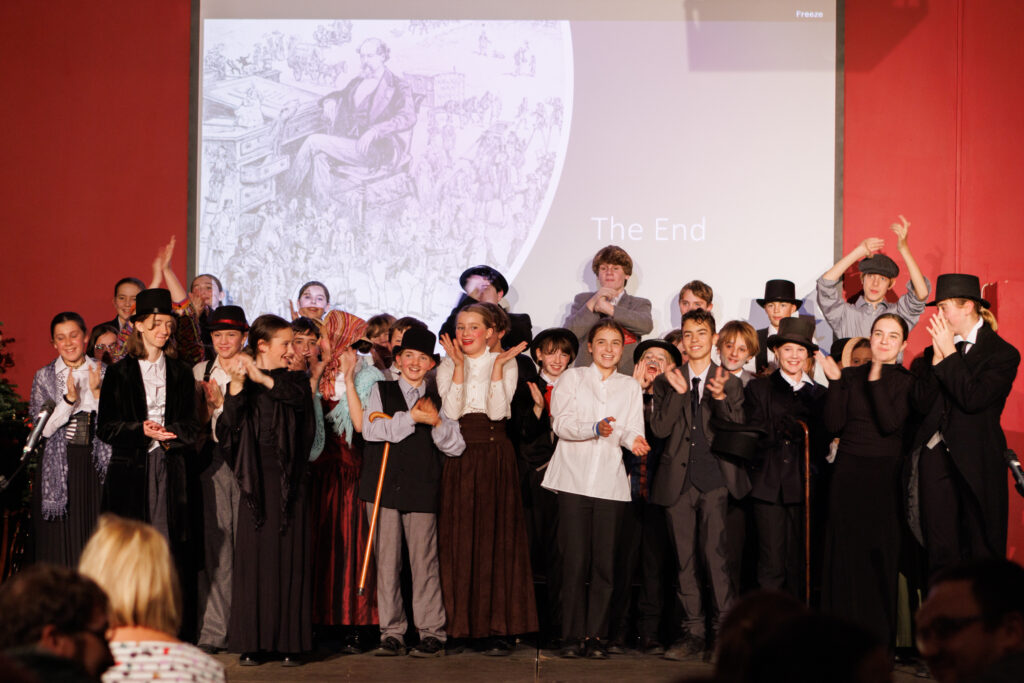Drama
Only the person who has questions can have real understanding. Examples of essential disciplinary questions that are vital to Drama at Blanchelande are:
How can we tell stories authentically when they are outside our personal experience?
How important are the physical characteristics of the actor in the experience of the audience? Is a literal approach to casting helpful for minority communities?
How do we learn to play characters that we dislike or disagree with? Why does this matter?
How can our experience of Drama transform our everyday lives?
Theatre and the arts are vital to a culturally enriched life. During the recent pandemic, people naturally turned to the arts for escapism. While most venues were put on pause, theatre companies adapted, employing new ways of working to share drama productions with the world.
In Blanchelande’s Drama Studio, we develop students’ self-belief. Important virtues include craftsmanship (being patient and showing attention to detail), creativity (finding innovative solutions to problems) and courage (having the strength to do something even though you may be afraid). These qualities underpin wholistic learning and personal growth.
Key Stage Three
In each carousel, two inspiring schemes of work are taught to encourage artistry and provide a platform for sharing voices in a safe and supportive environment.
Our introduction to the subject involves great fun while learning foundation skills. Against the backdrop of our stunning ‘Hero’s Journey’ mural, students structure a devised pieced of the same name using a range of forms and techniques. Year 7 then move on to examine the methods and rehearsal techniques of theatre practitioner Stanislavski to perform a scripted scene in Naturalistic style.
Year 8 begins with a deep dive into physical and voice skills combined with character analysis to sensitively explore the themes of a published play. As creatives, students identify their aims and intentions and seek to achieve these in performance. An historical event is stimuli for the development of an original piece of theatre enabling students to see different perspectives to their own and advocate for diverse voices.
Year 9 dramatists consolidate their understanding of stage positions and configurations by taking on a directorial role to examine the impact of blocking and movement. They are reminded that theatre is a shared experience between performers and their audience. We return once more to devising work where students explore the dramatic possibilities of a range of stimuli and select one to inspire their own work. This piece offers wider choice of freedom, fosters independence and powerful expression of ideas.
Skills
The art of negotiation and compromise is an essential part of collaborative learning and communication skills are inherent when exploration, analysis, devising and rehearsal work takes place. Acting skills, including improvisation, elicit creativity, nurture the imagination, test concentration and reward with a sense of participation. Prominence is given to the rehearsal process to promote self-awareness and resilience while presentation and performance skills are built progressively each scheme of work. Peer and self-assessment build tools of analysis and evaluation as well as subject specific terminology.
Assessment
Formative assessment is ongoing with summative assessment taking place at the end of each topic. Pupils utilise RAG Rating mark schemes to create personalised targets for improvement. There are no end of year exams in KS3 Drama due to the nature of the carousel structure.
Additional Educational Experiences
- House Speech and Drama Competition
- Cross curricular theatre visits
- Viewing live recordings from The National Theatre Online and Digital Theatre Plus
GCSE
Pupils study the AQA Drama syllabus and develop their knowledge and understanding through creating, performing and responding to live theatre. The dynamic course combines stringent academic (70%) and practical components (30%) providing balance in their curriculum. A compliment to English and History, candidates develop high levels of IT and literacy skills.
A Level
Year 12 and 13 students study a rich curriculum of set texts such as Antigone by Sophocles and Metamorphosis by Berkoff with a theoretical/academic approach. Practical and creative skills are highlighted in performance work with research into a range of exciting and inspirational practitioners to influence and mature acting styles. The subject naturally lends itself to a range of enrichment opportunities such as leading a drama club or co-directing the school production.
The confidence, soft skills, and communication skills developed from Drama are highly desirable in a wide range of occupational areas including law, marketing, sales and advertising, leisure, sport and tourism, catering and hospitality, retail sales and customer services, broadcast media and the performing arts. A range of apprenticeships that link to the performing arts include: recording engineer, community arts administrator, music publishing assistant, theatre technician, exercise instructor, playworker and radio broadcast assistant.


